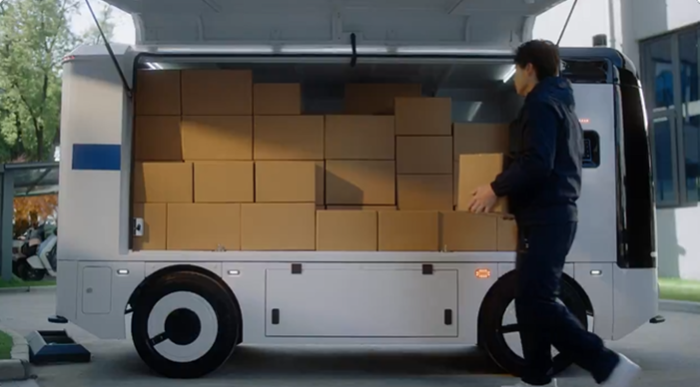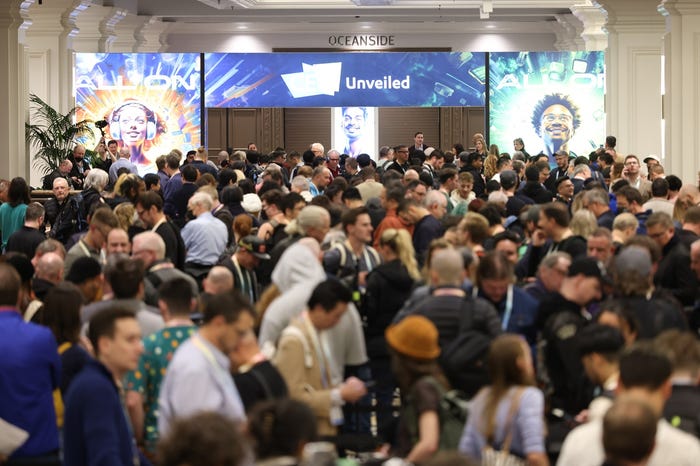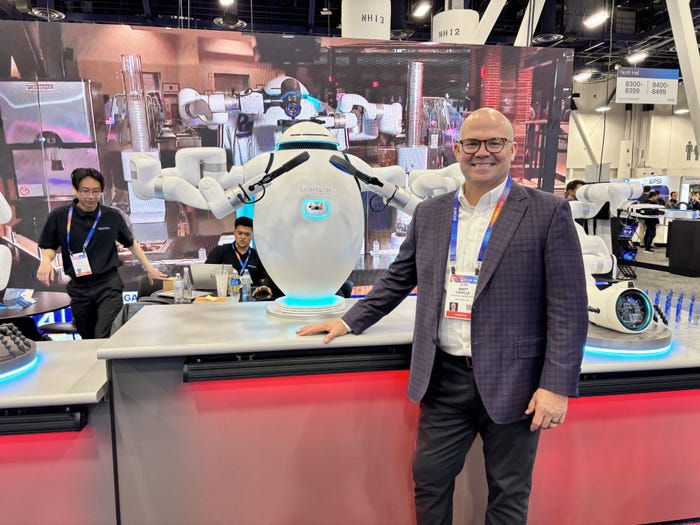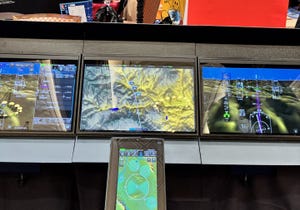XPeng Aims for Level 4 Self-Driving in China Next Year
Chinese automaker hopes to deliver Level 4 self-driving based on rapid rollout of its XNGP (Navigation Guided Pilot) driver-assistance tech

Chinese automaker XPeng believes it can achieve Level 4 autonomous driving in the country by next year.
The Guangzhou-based company outlined its aim at an AI Day event held May 20 and again on an earnings call a day later.
Level 4 automated functionality is defined by the Society of Automotive Engineers as when a vehicle drives itself in specific locations and circumstances.
XPeng says it hopes to be able to deliver Level 4 capability based on the rapid rollout of its XNGP (Navigation Guided Pilot) driver-assistance tech, which currently covers nearly 250 cities in China, aided by the incorporation of large language model training of its software.
The large language model architecture, XBrain, is claimed to facilitate “human-like” learning, allowing the autonomous driving system to recognize special lanes, turning zones, road sign text and more.
Founder and CEO He Xiaopeng said: “Based on the end-to-end large model, XPeng will be able to cover every road. What does this mean? Our aim is to cover every small road, in every town and every village, and also in urban areas. Our intelligent driving, independent of HD Maps, will be consistent with our autonomous driving experience on a highway or even surpass it.”
The target, continued He, is to replicate the “Waymo [robotaxi] experience in San Francisco” by 2025 with fully autonomous functionality in, for example, local neighborhoods, at toll gates or when parking, albeit with someone in the driver’s seat monitoring the car.
However, he did acknowledge on the earnings call that “we know that to be able to actually implement that, we need to have the hardware as well as the rules and regulations catch up.”
The regulatory process isn’t just relevant in China, either, particularly as the company eyes international expansion. To that end, XPeng said it is working with the appropriate bodies in “a number of overseas markets” to ensure its XNGP-related tech is compliant with all necessary laws.
Amid a slew of other announcements, it was confirmed that XPeng’s new Tianji operating system – said to be the industry’s first OS to integrate AI tech into both smart cockpit and smart driving functionality – was made available to all eligible users on May 20.
Among its features are in-car services from AI assistant Xiao P and AI Chauffeur, which deliver personalized smart driving and parking experiences.
And there was more detail on new AI-powered EV sub-brand MONA (Made of New AI), which is set to launch in June.
He said that there would be a big focus on “beautiful” design with MONA’s cars and that they would seek to make automated functionality more accessible and affordable.
He explained: “In the past, for autonomous driving, it was mainly for the cars in the price range of above [RMB] 200,000 [$28,130]. With MONA series, we hope to bring autonomous driving into the car with the price range of within [RMB] 200,000.”
Read more about:
AsiaAbout the Author
You May Also Like








